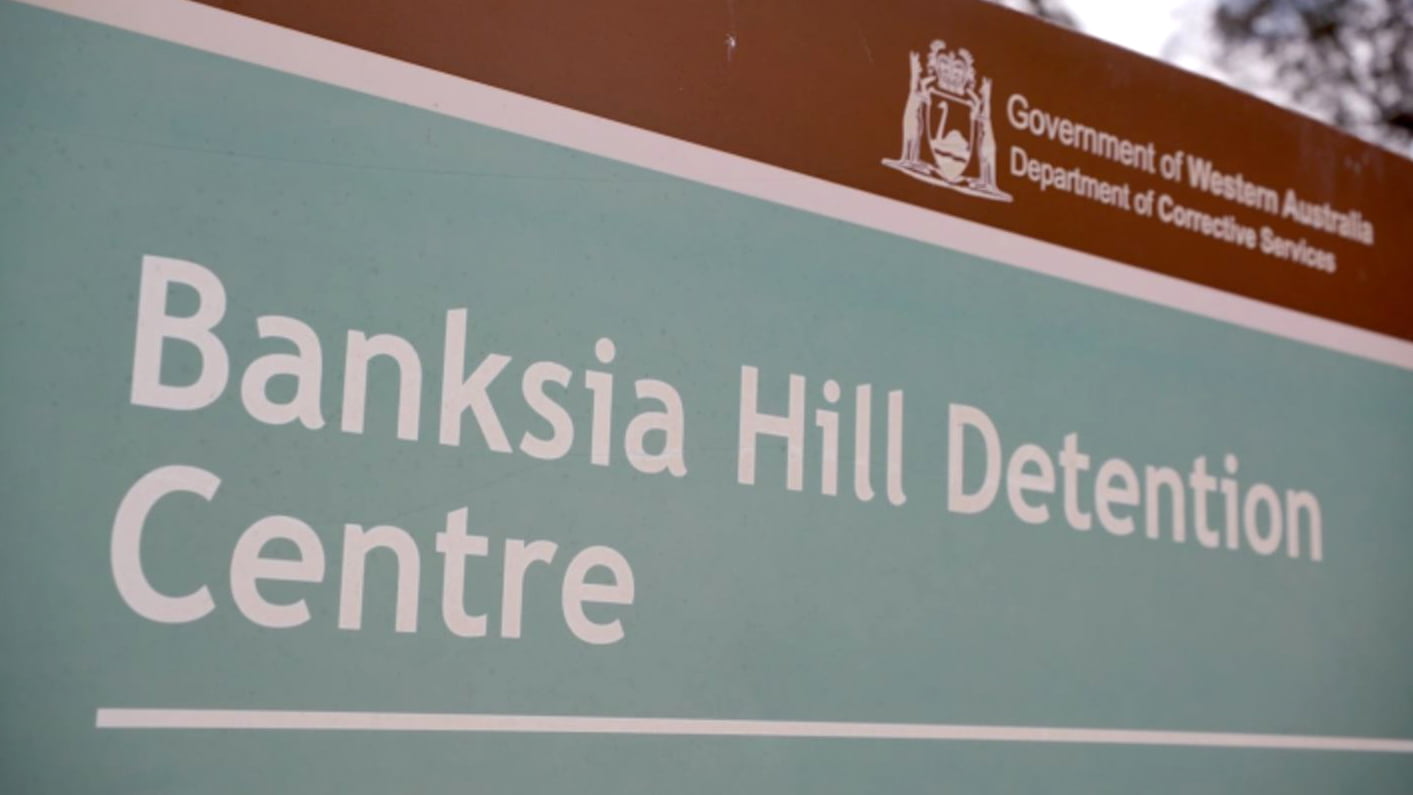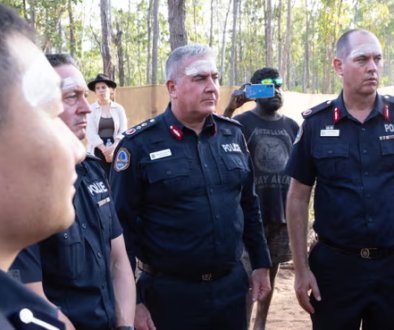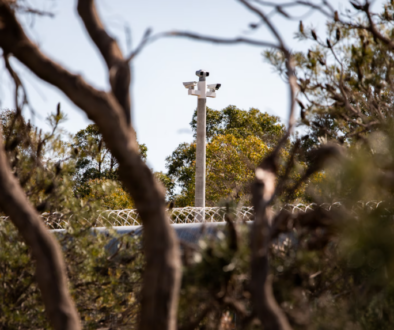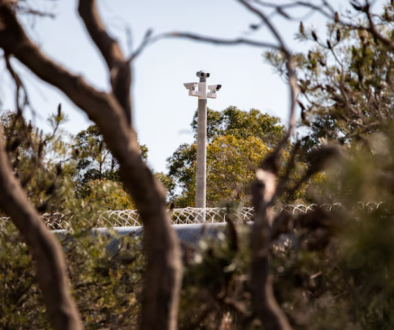First Nations women respond to Banksia Hill riots with call for immediate reform to youth justice
Key points:
- Hundreds of First Nations women are attending the Wiyi Yani U Thangani National Summit in Canberra this week
- “If we treat kids like animals we can’t be surprised when they behave as such – jailing is failing, our kids belong on country, not in cages.”

First Nations female leaders from across Australia are demanding immediate reform to Western Australia’s approach to youth justice in the wake of today’s riots at the Banksia Hill Juvenile Detention Centre.
Hundreds of First Nations women are attending the Wiyi Yani U Thangani National Summit in Canberra this week, including Commissioner for Children and Young People WA Jacqueline McGowan–Jones, Acting Northern Territory Children’s Commissioner Nicole Hucks, member of the UN Permanent Forum for Indigenous Peoples Associate Professor Hannah McGlade, and representatives from Grandmothers of Close Don Dale Now!
Aboriginal and Social Justice Commissioner June Oscar AO said: “These children need to be cared for in a trauma informed and culturally appropriate way. This country needs to urgently address the crisis in youth justice to prevent further harm to children in detention, and to reduce youth offending through effective systems of support.
“The vast majority of young people in the youth justice system, including those involved in this morning’s events, have experienced significant trauma in their lives, which impacts on their health and wellbeing. This means that every decision made about them, and every response to their behaviour needs to be aimed toward care and rehabilitation,” Commissioner Oscar said.
Commissioner for Children and Young People WA Jacqueline McGowan–Jones said: “As Commissioner for Children and Young People in Western Australia I am extremely concerned about the continued lack of care for our children and young people incarcerated. The safety of the children is the number one priority. I urge the West Australian Government to immediately consider new models that include restorative justice approaches as an urgent priority, rather than the heavy handed approach we are seeing play out right now, and too many times before.”
Acting Northern Territory Children’s Commissioner Nicole Hucks said: “First and foremost, we want a peaceful resolution to what is unfolding at Banksia Hill. The frequency of incidents of this nature across the country, including in my own jurisdiction, tell us that we desperately need to reform our national approach to youth justice service delivery, particularly the earlier intervention and prevention of children being engaged in youth justice.”
Associate Professor Hannah McGlade, member of the UN Permanent Forum for Indigenous Peoples said: “The UN Permanent Forum for Indigenous Issues met recently in New York and were absolutely shocked by the horrific reports of violence and cruel treatment of incarcerated Aboriginal children and youth. We made it very clear to Australia that no child belongs in prison. We also called on the Australian government to immediately remove its reservation to Article 37 (c) of the Convention on the Rights of the Child (CRC) which prohibits cruel and inhumane treatment of children in detention settings. Further, Australia has still not signed the Optional Protocol to the CRC. The Australian Government and the Attorney-General have a clear responsibility that has to date been neglected. We want to see action and appropriate responses. This has to stop. This Government should support an urgent national meeting to address these issues with Indigenous leaders.”
Manager of State-wide Youth Engagement program WA ALS, Sasha Greenoff said: “This continued inhumane treatment of our young people at Banksia Hill Detention Centre and Unit 18 needs to end immediately. Our children are continuing to suffer mentally, physically, emotionally and spiritually.”
Josephine Crawshaw, Natalie Hunter and Donna Hunter on behalf of Grandmothers of Close Don Dale Now!: “We stand in solidarity with the mothers, grandmothers and children in Western Australia. The treatment of incarcerated Aboriginal children is the continuation of genocide of our people and our precious future. The system is broken. It is designed to keep our children caged as young as 10 years of age. In a progressive country like Australia, this is a national crying shame.”
Rocket Bretherton, Lived Experience NT Network said: “If we treat kids like animals we can’t be surprised when they behave as such – jailing is failing, our kids belong on country, not in cages.”
Janette Milera, founder of the SA Aboriginal Action Group said: “We stand in solidarity with the women and grandmothers against the inhumane treatment of our children in these detention centres. Our children are our future and prisons are not the answer. Our children should be in culturally informed diversion programs on Country, run by communities with our elders supporting their identity and building strong, resilient Aboriginal children.”
Chair of the Close Don Dale Now! movement, Josephine Crawshaw said: “The incarceration of Indigenous children in Australia is an ongoing form of state violence that perpetuates the trauma of colonialism and dispossession. This retributive punishment is not only a violation of the human rights of Indigenous children and their communities, but also undermines the Sustainable Development Goals of creating peaceful, just, and inclusive societies.”
Australia’s National Children’s Commissioner Anne Hollonds said: “I wholeheartedly support the calls of these First Nations women for immediate action to reform youth justice systems across Australia. I encourage the Australian community to engage with my call for submissions to inform a project that will investigate opportunities to reform Australia’s youth justice and child wellbeing systems.”



